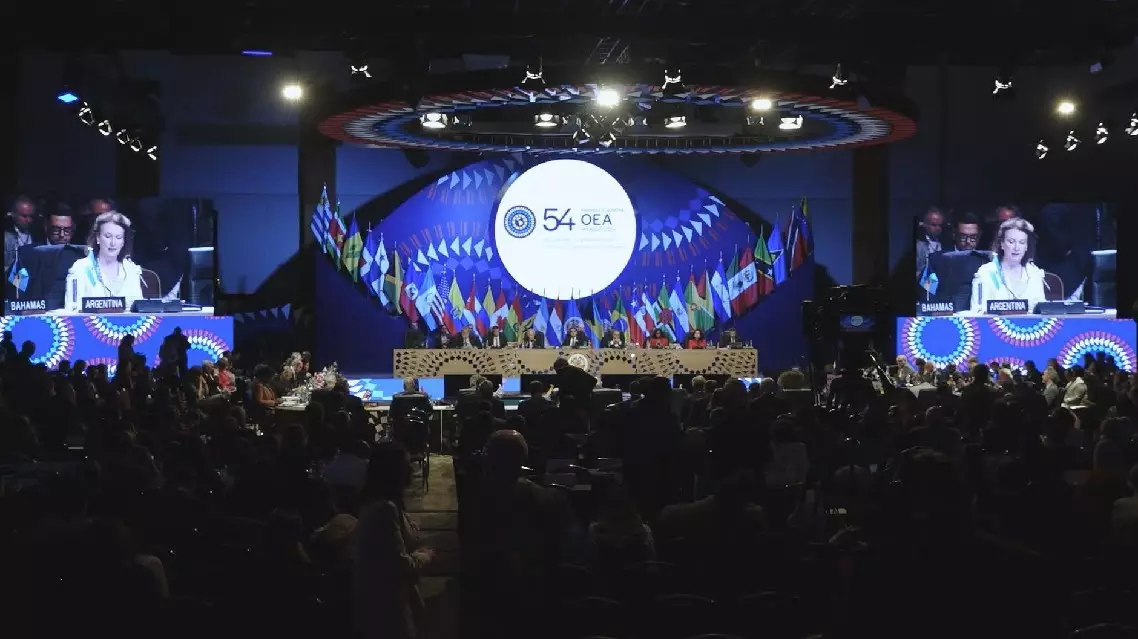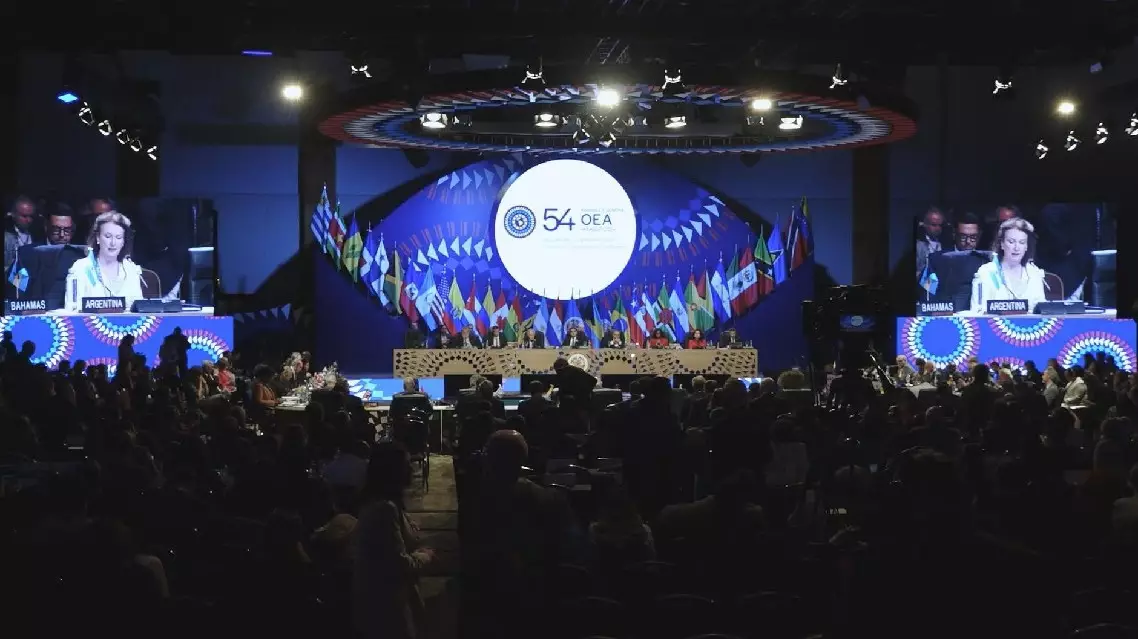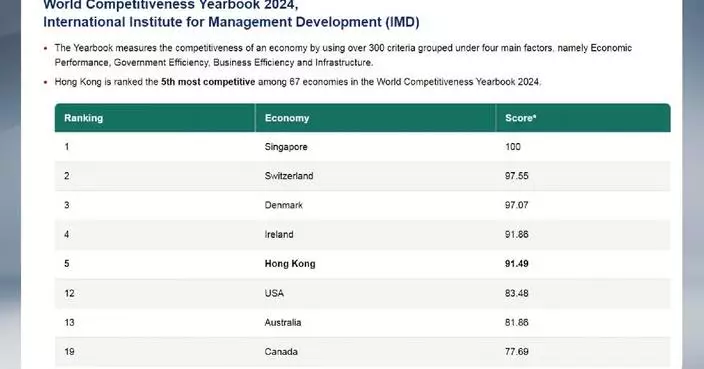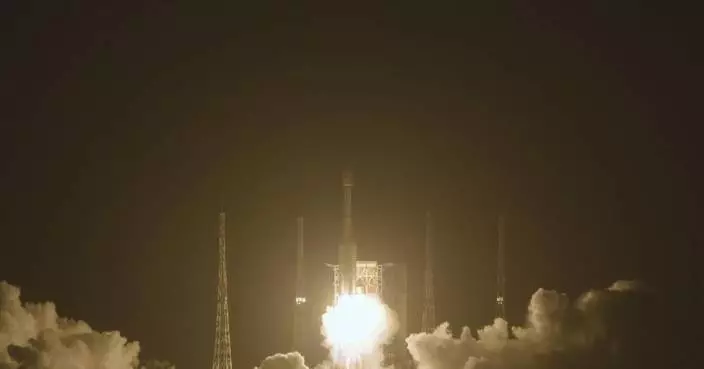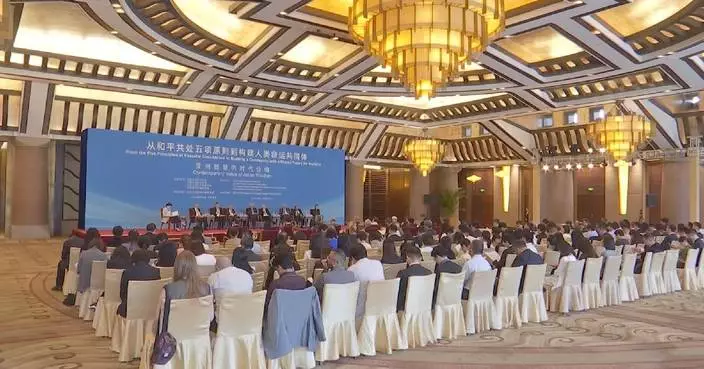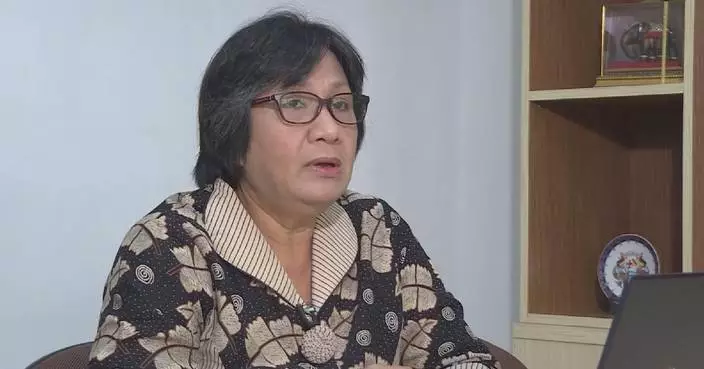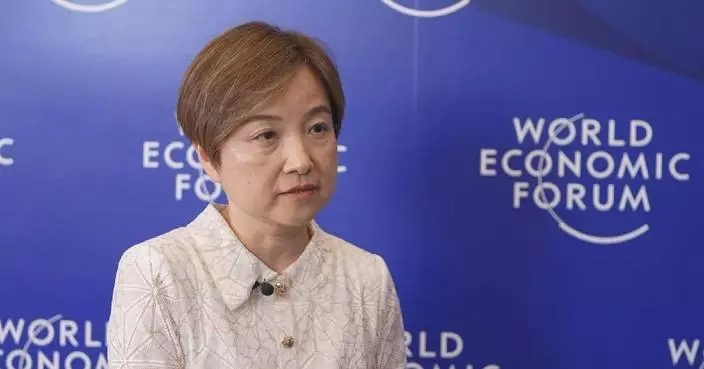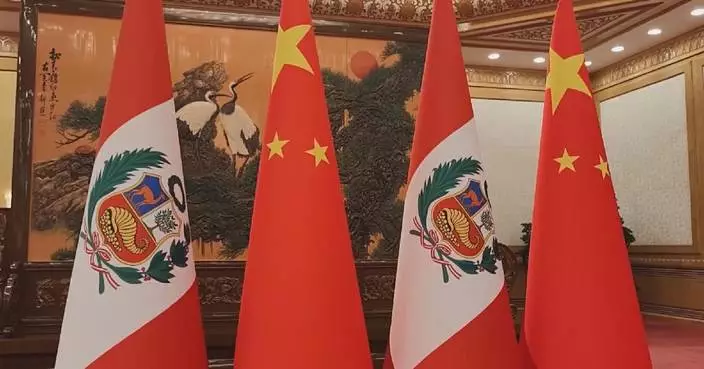China and France have deepened their space cooperation through the launch of an astronomical satellite jointly developed by the two countries, which has marked a milestone in the long-standing partnership in space exploration.
Launched from Xichang Satellite Launch Center in southwest China's Sichuan Province on Saturday, the satellite, which is called the Space Variable Objects Monitor, or SVOM, is a combination of small telescopes dedicated to the study of the most distant explosions of stars, the gamma-ray bursts.
This space cooperation began with the concept design of the satellite in 2005. When Chinese and French scientists and engineers were in negotiations, they once debated for the weight, power consumption and physical space allowances their respective scientific instruments would have on the satellite.
Through sincere dialog, they reached their common goal of designing an advanced astronomical satellite.
"Just like this satellite in space, it drives a large number of observation equipment and scientific instruments on the ground. China and France first build a relatively large system, involving ground-based telescopes, optical instruments, and also, a fast [information exchanging] system between the satellite and ground, to ensure that it is fully optimized with complexity, fast speed, and high sensitivity," said Zhang Yonghe, Chinese project manager of the SVOM.
More than 100 scientists and engineers from each side have been involved in the long-term development of the satellite. They have learned from one another and made the most of their respective advantages.
"You will see that there is a real one unique team. We have a very strong relationship. We've been over these difficulties. We understand each other. I could say that French team is a little bit Chinese. And Chinese are a little bit French," said Francois Gonzalez, French project manager of the SVOM.
The first satellite developed between the two countries, the China-France Oceanography Satellite, was launched successfully in October 2018. In April 2023, when French President Emmanuel Macron visited China, China presented France with 1.5 grams of lunar samples returned by the Chang'e-5 mission for scientific purposes.
And more recently, the Detection of Outgassing RadoN (DORN) scientific instrument developed by French scientists was carried to the far side of the moon by China's Chang'e-6 mission.
For the cooperation this time, the China National Space Administration has now called the SVOM mission "exemplary" in space cooperation.
"[The SVOM is] a significant collaborative achievement jointly presented by China and France to the global space science community. It also contributes to the exploration of the mysteries of the universe for the global space science community," said Liu Yunfeng, deputy director of the Department of International Cooperation at China National Space Administration.
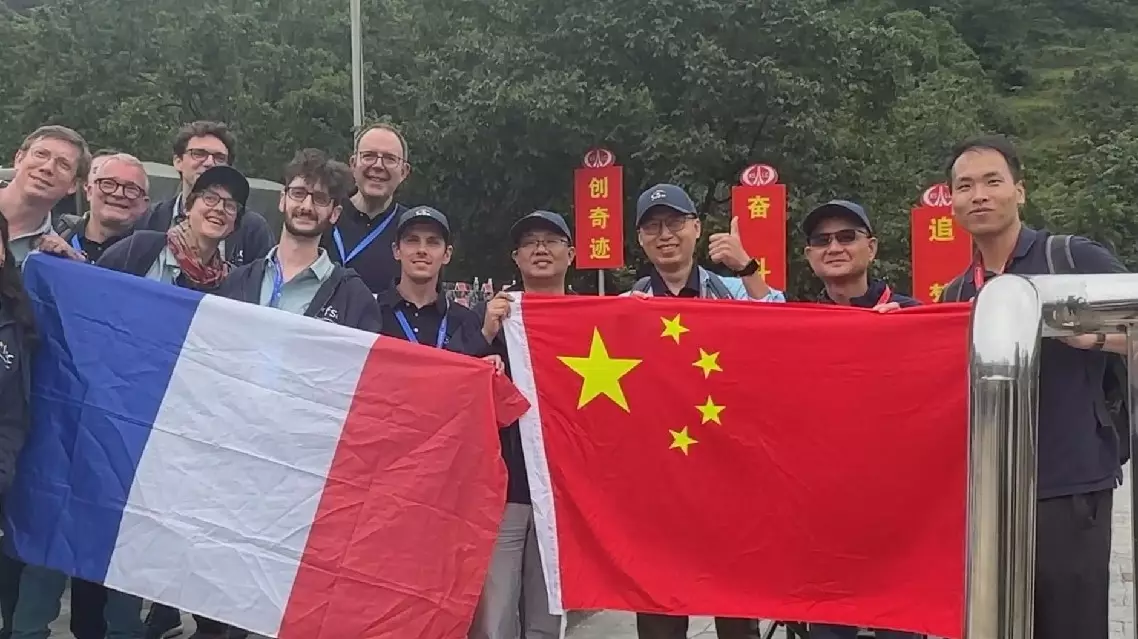
China, France deepen space cooperation with launch of co-developed astronomical satellite


